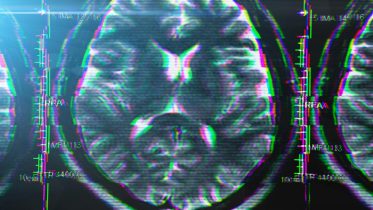New research shows that microglia in mouse embryos react to maternal immune responses, influencing brain development in ways that last. This could change our understanding of neurodevelopmental disorders. Harvard researchers have found that the maternal immune response to viral infections in pregnant mice can be detected by microglia in the embryo’s brain, altering gene regulation in a way that persists into juvenile stages.
This discovery could help explain the origins of neurodevelopmental disorders like autism and offer new avenues for therapeutic intervention. No parent wants to expose their child to the risks of a serious infection, least of all while still in the womb. However, did you know that an immune response to a viral infection during pregnancy can also influence the development of the fetus? Researchers from Harvard University in Cambridge have discovered that immune reactions in pregnant mice are detected by a specific type of brain cell in the developing embryo and alter how genes are regulated in the brain – a change that persists in juvenile mice.

Published today (May 22) in the journal Development , this study sheds new light on how the maternal immune response might influence brain development in embryos and could help scientists understand the origins of neurodevelopmental disorders such as autism. Understanding Embryonic Responses to Maternal Immunity Scientists have long suspected that fetal exposure to infectious bugs may increase the risk of devel.























